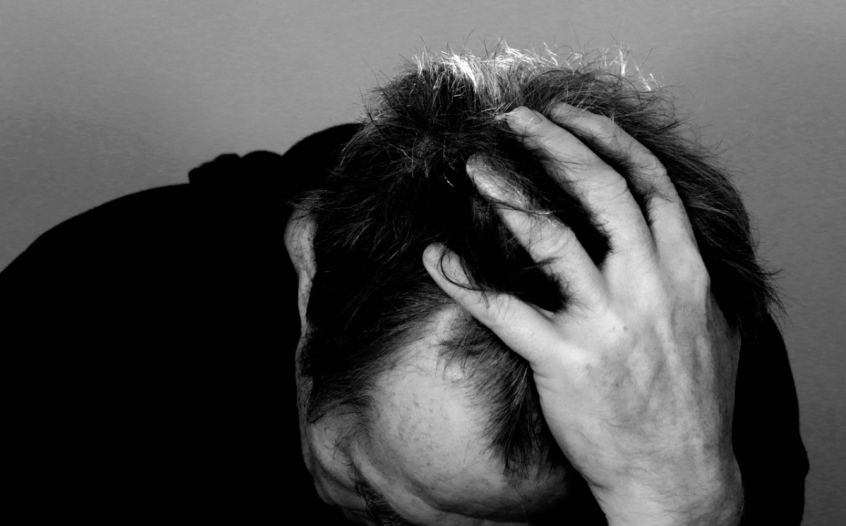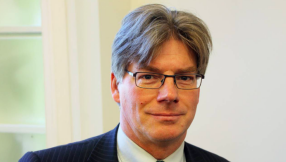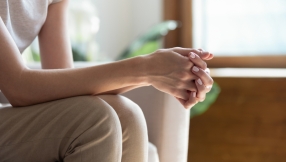
Does traditional Christian teaching on same-sex relationships damage the mental health of lesbian, gay and bisexual people? Yes, said the Oasis Foundation's report on Friday. In the Name of Love: The Church, exclusion and LGB mental health issues claims to offer 'watertight' research showing homosexual and bisexual people are up to 12 times more likely to experience mental health difficulties. It also claims to demonstrate 'beyond reasonable doubt' that it's the Church's fault for 'fuelling negative messages about same-sex relationships in society, the media and political debate'.
There is, in fact, plenty of reasonable doubt; whatever one's personal sympathies, the Oasis report is actually pretty thin, heavy on assertion and light on evidence. It has been comprehensively analysed by Peter Ould, who cites a proper academic study by Barnes and Meyer, Religious Affiliation, Internalized Homophobia, and Mental Health in Lesbians, Gay Men, and Bisexuals. Barnes and Meyer found that, counter-intuitively, going to a church that taught homosexuality was sinful actually tended to reduce depression in gay people.
Clearly, more research is needed to find out why. Perhaps pathologising same-sex attraction as basically sinful is helpful in at least giving people a framework for understanding it; if it's sinful, at least you have clarity, and conservative evangelicals are good on sin.
But there are two potential problems with this kind of research. The first is that it becomes inappropriately weaponised in support of particular theological positions. So if conservative teaching on sexuality causes mental health problems in gay people, it must be wrong: as Chalke says, 'Any doctrine that causes destructive hurt cannot be born of a theology that reflects the God of the Bible.' This is very weak reasoning, and not just because the Oasis research has not established what it says it has. Conservatives can very credibly reply that righteousness is very hurtful, that some attitudes and beliefs need to be destroyed, and that God is not a therapist whose aim is to make us feel good about ourselves. On the other hand, if it could be shown gay people are actually happier in non-affirming churches, that might be a gift to conservatives – all gay Christians need in order to be happy is to be told exactly how wicked they are! If only it were so simple.
But second, reducing the care of gay and bisexual people in church to a question of theology is deeply unsatisfactory in itself, and avoids as many issues as it confronts. You can't get away from theology – what church leaders think about the sinfulness or otherwise of same-sex relationships is going to matter at some level – but it's not all that matters. A church can believe in traditional views of marriage, but still go a very long way, in love and grace, towards welcoming and accepting gay people into its fellowship – even gay people who are married or in civil partnerships. Conservative pastors faced with gay people who like their sermons or appreciate the worship style and want to settle at their church have to decide what to do. For some, the answer's clear: no compromise. They can't sing in the worship group, read the Scriptures, attend a housegroup (and they certainly can't take communion). I know of such churches. For others it isn't clear at all, and they will want to be as open to their participation as they possibly can be. I know of churches like this too.
Yet it remains true that such a church, at a fundamental level, does not accept who they are or what they do, and for many gay people that will be a hurdle too high. But congregations aren't entirely defined by the pronouncements and official policies of their leaders, and many gay people might find enough friendship and fellowship in such a church to want to stay.
So whatever the rights and wrongs of Oasis' research, there is a slightly different but far more challenging question for ordinary Christians in ordinary churches. It's not, 'Should we change our theology because some people find it oppressive and discriminatory,' but 'Who is my neighbour?' And I think we know the answer to that.
Follow Mark Woods on Twitter: @RevMarkWoods













